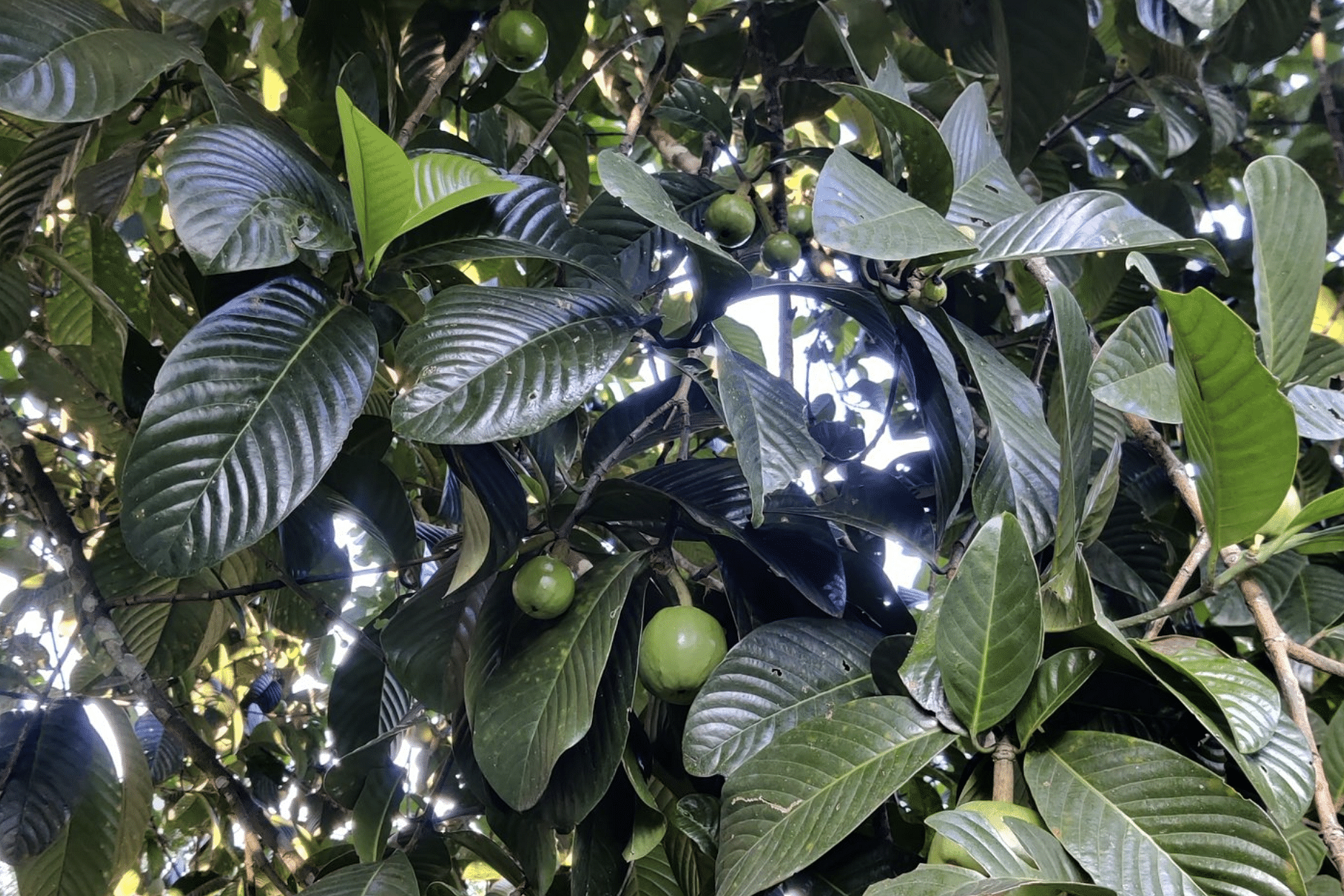Science
New Study Finds Traditional Medicinal Plant From Northeast India May Hold Key To Heart Health

Pic Via Twitter
Garcinia pedunculata, a medicinal plant known as 'Borthekera' in Assamese, has been found to protect against heart diseases, according to research conducted by scientists at the Institute of Advanced Study in Science and Technology (IASST).
The plant is traditionally forbidden for raw consumption but the sun-dried slices of the ripe fruit are used for culinary and medicinal purposes, and has been know to have therapeutic properties like anti-inflammatory, anthelmintic, antibacterial, antifungal, antidiabetic, hypolipidemic, nephroprotective, and neuroprotective activity.
With scientific interventions seeking proof of these claims, multiple studies have been reported that G pedunculata is a rich source of antioxidants. However, the cardioprotective potential was yet to be explored.
"Scientists of Institute of Advanced Study in Science and Technology (IASST), an autonomous institute of the Department of Science and Technology (DST), explored this medicinal plant's potential to prevent heart diseases," the Ministry of Science and Technology said in a statement on Friday (24 February).
The study involved administering a double dosage of bioactive chloroform fraction (GC) of the herb to Wistar rats at 24-hour intervals (85mg/kg body weight (BW) for 28 days).
To assess the therapeutic effect, this was followed by injection of isoproterenol following the isoproterenol-induced myocardial infarction model.
All the animals were analysed, revealing that the disease group had significant ST wave (ST is the segment representing the interval between depolarization and repolarization of the heart's ventricles) elevation, indicating myocardial infarction, which was normalized with Atenolol and GC treatment.
Cardiac hypertrophy, cardiac troponin I, tissue lipid peroxidation, and serum inflammatory markers were all significantly elevated in the disease group, which were maintained at near-normal levels in the GC pretreated groups.
The endogenous antioxidants were also revamped in the GC-treated groups.
Swarnali Bhattacharjee, senior research fellow, under the supervision of Dr Rajlakshmi Devi, attributed these improvements to the excellent antioxidant and anti-inflammatory potential of GC that helped protect the heart against isoproterenol-induced injury.
Moreover, the chemical characterization of the chloroform fraction revealed the presence of active phytocompounds like hydroxycitric acid, hydroxycitric acid lactone, and parvifoliquinone along with other compounds like GB-1a, Garcinone A, 9-Hydroxycalabaxanthone, Chlorogenic acid, and Garcinol.
The therapeutic effects reported in this study are likely due to the presence of all these compounds, the ministry said.
The results of the study suggest that G. pedunculata fruit, which is abundantly available in Northeast India, could be a valuable natural resource for preventing heart diseases.
Support Swarajya's 50 Ground Reports Project & Sponsor A Story
Every general election Swarajya does a 50 ground reports project.
Aimed only at serious readers and those who appreciate the nuances of political undercurrents, the project provides a sense of India's electoral landscape. As you know, these reports are produced after considerable investment of travel, time and effort on the ground.
This time too we've kicked off the project in style and have covered over 30 constituencies already. If you're someone who appreciates such work and have enjoyed our coverage please consider sponsoring a ground report for just Rs 2999 to Rs 19,999 - it goes a long way in helping us produce more quality reportage.
You can also back this project by becoming a subscriber for as little as Rs 999 - so do click on this links and choose a plan that suits you and back us.
Click below to contribute.
Latest